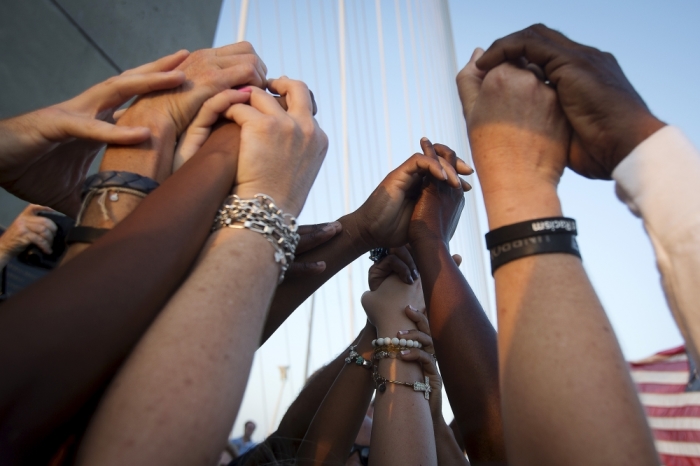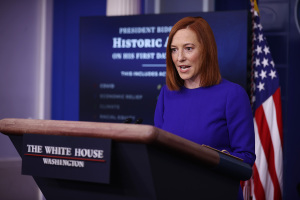David Bailey: 3 Ways White Pastors Can Address Race, Reconciliation

What should a white pastor do to talk to their congregation about race, justice and reconciliation? At least three things, says David Bailey, who leads a ministry that equips churches and organizations to engage in reconciliation.
Since missionaries "cross a culture," they take time to understand the sociology and anthropology of the people they engage with, but pastors working domestically "don't often engage this same practice, so generally they don't lead their church with strong cross-cultural intelligence," says Bailey, founder and executive director of the Arrabon ministry, in an interview with Barna Group, a California-based research and resource company.
According to Barna's 2017 report, "The State of Pastors," 98 percent of U.S. pastors believe churches play an important role in racial reconciliation, yet only half say racial reconciliation is among their own church's top 10 priorities.
"Too many Christians jump into conversations about racial reconciliation without a firm foundation of cultural understanding," argues Bailey, also executive producer of the Urban Doxology Project, a Richmond, Virginia-based ministry that promotes racial reconciliation and urban community development through worship and developing new music resources for churches that connect people across classes, cultures and races.
Bailey recommends three things to white pastors to prepare and mature their congregation to be ministers of reconciliation.
One, he says, "be committed and intentional."
"Nothing gets done right without investing time and money, and in relationships. Too often pastors try to get this work done without a cost. If a pastor is not willing to invest, it would be better for them not to start. After hearing just one sermon or even a sermon series, people revert to the status quo," Bailey warns.
Two, "go on your own journey," he adds.
Bailey shares that his grandmother has a saying: "You can't come from where you've never been." White pastors should, therefore, commit themselves to be in a "space of displacement indefinitely."
"Join some type of ethnic minority social club or gathering and don't ask your friend to do it with you. Go by yourself and be a part of that community for nine months to a year so you can know what it is like to be a minority in a community," he suggests.
Three, a white pastor should get organizational consulting and training from experts.
"Too often, predominantly white organizations ask the minorities who are already part of the organization to help them reform. This is a bad idea," Bailey underlines, explaining that the person who is a minority in an organization already has two jobs - whatever their job description is as well as representing their race or ethnicity. "If that person is a woman, she has a third job representing her gender," he adds.
Therefore, it's best to "invite a qualified person to help you through the process."
At the Presbyterian Church in America's General Assembly lin Mobile, Alabama, in June 2016, delegates voted overwhelmingly in favor of an overture that offered an apology for past and present actions of racism.
The Southern Baptist Convention has also devoted efforts to pursuing racial reconciliation.




























